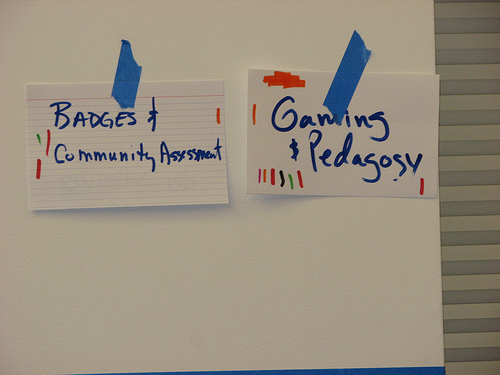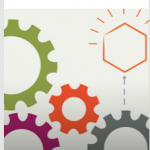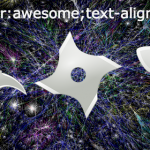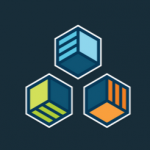This past week I helped all of us celebrate Open Education Week. I joined Teachers Talking Teachers, participated in the Mozilla webmaker challenges, joined the Teacher badges Alliance, and engaged with many of you on social media.
I am left with one overarching theme. You cannot have Open Ed without community. You cannot have open web standards without community. You cannot have Open Educational Resources without community.
In many ways you cannot have education without community.
Community of Writers
CC 3.0 UX Designs as Communities of Practice. murdocke23. flickr. http://www.flickr.com/photos/murdocke/7356625068
I first celebrated Open Ed by lurking, possibly even trolling, during the ConnectLearning.tv event on #DS106. For those who do not know #DS106 is an open format class on digital storytelling. It exists mainly because a community emerged around a digital hub and then spread like weeds through different social networks.
I stress the role of community for my teacher candidates when we discuss the teaching of writing. I explain that the best writing spaces I have seen have a shared vision, experts and novices, and recognized practices that support developing writers.
The same holds true for Open Learning and Open Educational Resources. One of the greatest writing projects I contributed to this year (and only on the peripheral) was the development of Mozilla’s Web Literacy standards. The initiative, lead by Doug Belshaw, not only epitomizes how open ed works but resulted in the best thinking designed to prepare online research and media skills.
Community Necessary for Assessment

CC 2.0 Badges and Assessment. DML Competition. Flickr. http://www.flickr.com/photos/dmlcomp/4980762084/sizes/m/
I realized among all the talk of assessment and badging during the Teachers Badges Network Hangout on Air that community needs to come before competencies. Christina Cantrill, of the National Writing Project, stressed this point over and over again.
Badging will never be about rigor. Badging is about relevance. There has to be a community around a specific credentialing system in order for badging to succeed. This community would then help to establish skill trees. They might decide what constitutes the criteria and evidence for a badge.
Plus, maybe most importantly, a community would recognize the value of a badge once it has been awarded.
Community Necessary in the Workforce
Those that understand the role of community will have marketable skills. Gina Trapani, an open source advocate and co-founder of Think -Up recently commented on the importance of community on the latest episode of TWIG. She stated that in looking for potential employers and mentees that being a developer goes beyond coding.
Gina, noted that most importantly Think-Up looks for those who understand how different communities work. Only then can they provide insights to users. She also noted that developers need to break from the mindset that you need to know code. Instead the act of developing, takes quality writers, designers, and thinkers. As someone who quit coding in 1989 when I was in 6th grade, this idea resonated with me. We need emergent leaders and thinkers who work collaboratively if we want students to be college and career ready.
So What is Open Ed?
I wonder if I am any closer to answering this question than when I was a week ago. I have learned while playing in so many new spaces this week that Open Ed, if not a set of principles, is a shared mindset that cuts across so many different communities.
I want my students to learn in the open. I want to model what it means to think, fail, and reflect in the open. I want to try and use OER in my teaching. Maybe, just maybe, I am contributing a little back to the Open Ed community.




